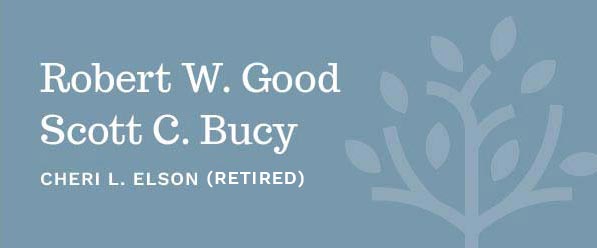Four Rituals to Increase Happiness
I came across this article in the Business Insider recently and it really resonated with me. My daughter is a neuroscience major, so I am immediately attracted to anything with the word “neuroscience” in it. The title speaks of increasing happiness, a subject that also always attracts my attention.
According to neuroscientist Alex Korb, of UCLA, there are four fairly simple rituals that can increase your happiness:
- Ask “What am I grateful for?”
Gratitude really does affect your brain at the biological level, activating the brain stem region that produces dopamine and serotonin. Gratitude can create a positive feedback loop in your relationships. And, you don’t necessarily have to find something to be grateful for. It’s the searching that counts.
- Label negative emotions.
Sometimes, we just feel awful, and nothing we do seems to help. That’s okay – see if you can find a name for that feeling. Sad? Anxious? Angry? Helpless? Research shows that when an emotion is consciously recognized, or named, their impact was reduced. Likewise, trying to suppress negative emotional experiences did not result in feeling the emotion less – in some cases, it backfired. Meditation has used labeling for centuries; labeling is one of the fundamental tools of mindfulness. The bottom line is: describe an emotion in just a word or two, and it helps reduce the emotion. - Decide.
Brain science shows that making decisions reduces worry and anxiety. Decision making includes creating intentions and setting goals, all of which are part of the same neural circuitry and engage the brain in a positive way, reducing worry and anxiety. Don’t be concerned that the decision is the absolute best decision. “Good enough” is just that, good enough. The decision can always be adjusted in the future when more information is obtained. Striving for perfection overwhelms the brain with emotions and causes you to feel out of control. When a decision is made, your brain feels in control, which in turn, reduces stress. - Hugs, hugs, hugs. Don’t text – touch.
Touch is incredibly powerful and touching someone you love actually reduces pain. A hug, especially a long one (20 seconds or more) releases oxytocin and reduces the reactivity of the amygdala, the fear center of the brain. Massage boosts serotonin and dopamine levels, which can help in creating new habits. Massage also improves sleep and reduces fatigue by increasing serotonin and dopamine and by decreasing cortisol (the stress hormone).
It may sound trite when I say that finding your happiness when touched by progressive dementia is extremely important. The world is crashing and there is nothing but darkness all around and I’m asking you to look for gratitude? However, as the article states so well:
“Everything is connected. Gratitude improves sleep. Sleep reduces pain. Reduced pain improves your mood. Improved mood reduces anxiety, with improves focus and planning. Focus and planning help with decision making. Decision making further reduces anxiety and improves enjoyment. Enjoyment gives your more to be grateful for, which keeps that look of the upward spiral going. Enjoyment also makes it more likely you will exercise and be social, which in turn, will make you happier.”
All of this will help you and your loved ones cope with the condition and live the fullest life possible.
You may agree with the premise of the article and be thinking, “How can I do this alone?” The good news is that you don’t have to do this alone. I can help. My training in life coaching and Neuro-Linguistic Programming (NLP), coupled with my personal experiences as a full-time caregiver of a close family member who was extremely ill, has provided me with tools I would be most honored to share with you. I am happy to discuss your personal situation with you to see how I might be able to support you in your journey – my initial consultation is always free of charge.
Cheri Elson
Gray Matters Consulting
If you would like to read the entire article, here is the link: http://www.businessinsider.com/a-neuroscience-researcher-reveals-4-rituals-that-will-make-you-a-happier-person-2015-9




